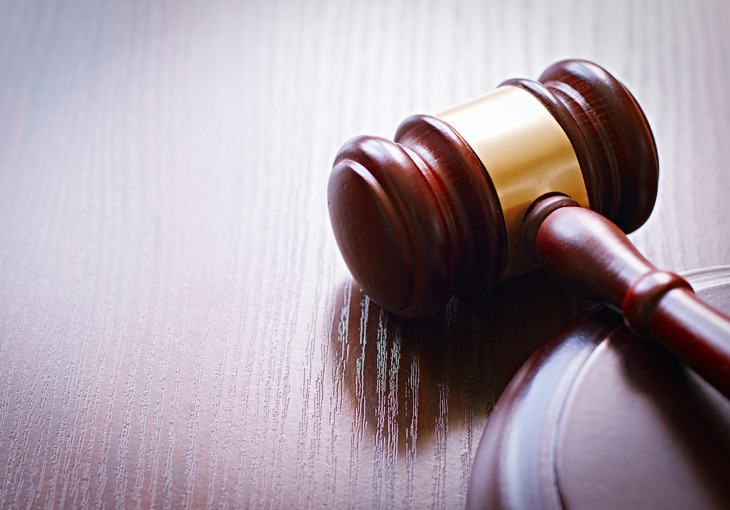When preparing to launch your business, you’re probably most concerned with the ways in which your company will turn a profit. However, robust sales figures aren’t enough to keep you in business. On the contrary, owners who hope to outlast the competition must also focus on protecting themselves from lawsuits and other claims. One of the best ways to do so is to select the proper business entity.
The different business entities offer varying levels of liability protection for owners and employees. For example, one of the principle benefits of launching an S or C corporation is that it creates a line of demarcation between personal assets and future business debts. With an S corporation, shareholders can be held liable only for the money they invest in the business. As a result, creditors are unable to seize personal assets in the event of a lawsuit or other loss. Similarly, C corporations and limited liability companies (LLCs) offer limited legal liability for directors, officers, workers and shareholders.
Of course, not every business entity offers liability protection for its owners. A sole proprietorship is one of the simplest types of business entities and one that many businesses operate as. But despite its popularity, a sole proprietorship doesn’t provide any liability protections and thus renders the owner liable for any company debts, judgments and lawsuits. As a result, creditors can lay claim to both personal and business assets following insolvency. Similarly, general partnerships hold all members of the partnership equally liable for claims. If you are concerned about insulating your assets, a sole proprietorship or partnership may not be the best choice.
However, simply choosing to incorporate or form an LLC doesn’t guarantee liability protection. There are ways in which even a protected entity can lose its liability protection. Here are a few.








